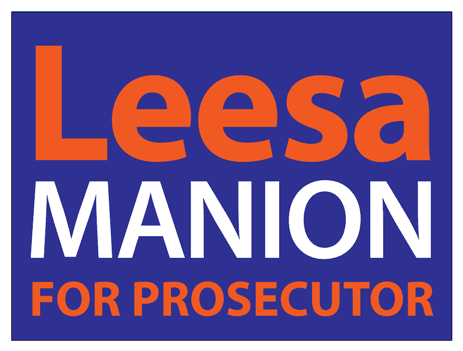South King County local council members statement
The war on drugs has been one of the most detrimental and cynical times in this nation’s history. Government decisions have torn families apart and disproportionately incarcerated Black and brown people, as well as people experiencing mental health and substance use challenges. Elected leaders, past and present, have spread fear and division, causing more damage rather than thoughtful policy solutions. We, the undersigned elected representatives, support data driven solutions that promote public safety and reduce the racial and ethnic disproportionalities in our criminal legal systems.
Our traditional carceral systems have trapped people with low-incomes and people with behavioral health issues in a cycle of incarceration and poverty because these systems do not address the core issues many face. Without addressing generational poverty, educational opportunity gaps, financial inequities, and the behavioral health crisis, our society will not see sustainable public safety. These deeply entrenched problems also trickle down to negatively impact our youth; those under the age of 18 who are, legally, not adults. Black and Latino youth have historically been declined to adult court more often than their white counterparts, causing further harm by depriving those who stood the greatest chance of benefiting from juvenile diversion programs.
Prosecution and incarceration in many cases are ineffective solutions, as what is seen as accountability and punishment is subjective and punitive, dependent on the individual. Public safety must be the top priority of any local government and we believe in the social contract of universal safety and responsibility to one another in our communities to build informed, effective solutions. Criminalizing low level, non-violent offenses steals our opportunity to divert youth and guide them toward a better track. We have to make a down-payment on our youth because future generations deserve better from all of us. Otherwise, we will continue spiraling down to a community of cyclical outrage.
We have evolved past simplistic ‘out of sight, out of mind’ thinking to better understand that complex problems require thoughtful solutions. The pandemic has highlighted and exacerbated social issues not only facing cities within South King County, but cities across the State and entire Country. Crime and public safety have been the top concern of communities in South King County, as we have seen increasing gun violence and other unacceptable trends. The social problems we are increasingly aware of have been a long time in the making as people’s sense of futility and hopelessness in this land of growing inequality and disparities takes its toll.
Cities such as Renton have implemented community courts, Burien is implementing a LEAD (Law Enforcement Assisted Diversion) program, and King County has partnered with numerous social service agencies to provide a multitude of services to those in need. Programs such as Restorative Community Pathways partner with trusted community allies, and includes the communities in finding solutions where they have historically been left out, to support our youth and promote public safety. The shift from a war on drugs to a public health approach provides healing, compassionate solutions because that is what is effective.
It is most important now that we work together across the region with community leaders, social service providers, police, King County’s Prosecutor’s office and the courts to create effective, not simply punitive solutions. As King County and city leaders review and approve biennial budgets, we hope the community ensures these moral documents advance effective, data-driven, long-term solutions. South King County cities will come together with the community and King County Prosecutors office to create a regional approach to gun violence and work within our power to promote safer and more livable communities for all. We will push our institutions to support necessary reforms and develop systems that reflect our shared values that lead to solving our growing social issues. It is both a smart and pragmatic path to follow.
Kristiana de Leon, Black Diamond City Council
Hugo Garcia, Burien City Council
Cydney Moore, Burien City Council
Ryan McIrvin, Renton City Council
Ed Prince, Renton City Council
Carmen Rivera, Renton City Council
Mohamed Egal, Seatac City Council
Iris Guzmán, Seatac City Council
Cynthia Delostrinos Johnson, Tukwila City Council
Thomas McLeod, Tukwila City Council
De’Sean Quinn, Tukwila City Council
Girmay Zahilay, King County Council
Bob Hasegawa, 11th Legislative District Senator
